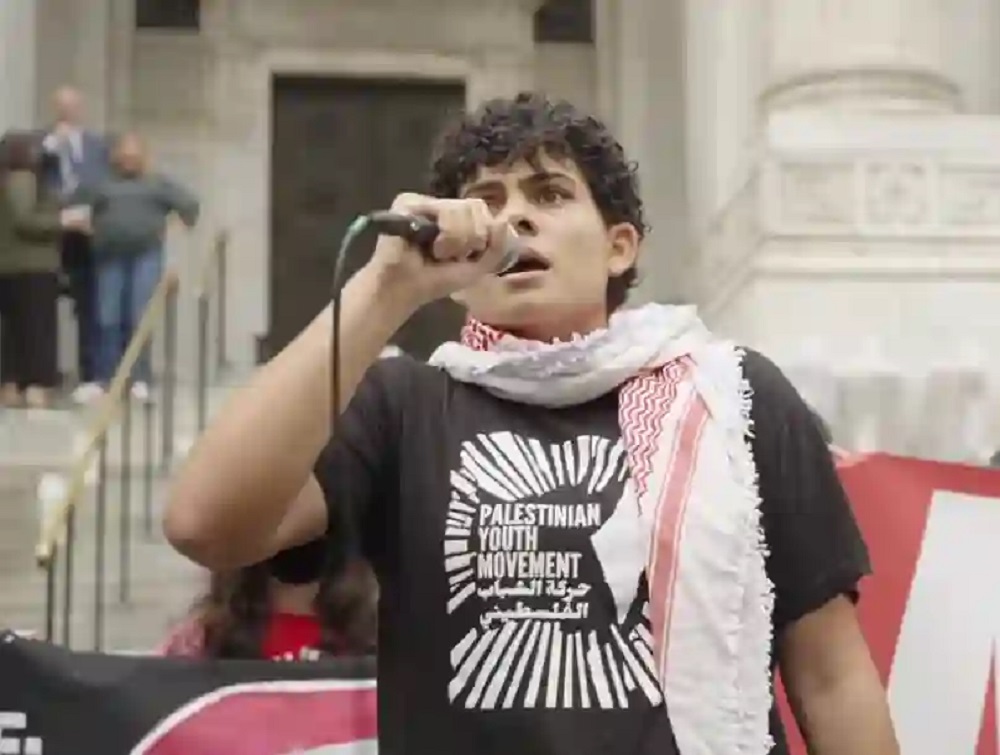A federal judge in Boston has ruled that the Trump administration acted unconstitutionally by revoking visas, detaining, and attempting to deport foreign students and faculty involved in pro-Palestinian campus protests.
In a 161-page decision, Judge William Young of the U.S. District Court found that the administration’s actions violated the First Amendment by suppressing free speech on university campuses. Young stated that officials from the State Department and Department of Homeland Security abused their authority to specifically target non-citizens supporting Palestinians, not for security reasons but because of their political speech.
He wrote that the coordinated actions were designed to instill fear among foreign students and scholars, effectively silencing lawful speech critical of Israel or supportive of Palestinians. Young, appointed by President Ronald Reagan, criticized the administration for what he described as an effort to undermine freedom of expression more broadly, including targeting universities, media outlets, and law firms.
The ruling condemned Immigration and Customs Enforcement (ICE) for ordering agents to wear masks during arrests, calling it an intimidation tactic reminiscent of secret police and the Ku Klux Klan. “We have never tolerated masked secret police in American history,” Young emphasized.
A Historic Ruling
Attorneys for the plaintiffs hailed the decision as a landmark case confirming that First Amendment protections extend to non-citizens. The lawsuit was filed by the American Association of University Professors, its Harvard, Rutgers, and NYU chapters, and the Middle East Studies Association.
Ramya Krishnan, a lawyer with Columbia University’s Knight First Amendment Institute, described the administration’s actions as “ideological deportations” and “an insult to democracy.”
The case was sparked by the arrest of Mahmoud Khalil, a Columbia University graduate who became one of the first targets of Trump’s efforts to deport pro-Palestinian students. The administration has since revoked visas for hundreds of students and academics, including Tufts University student Remisa Ozturk, who was detained by plainclothes, masked ICE agents after writing an op-ed critical of her university’s response to Israel’s war in Gaza.
Although courts have repeatedly ordered the release of detained students, the Trump administration has continued to pursue deportations, arguing that the judiciary is overstepping its authority.
Appeals and Political Context
The ruling comes as the administration appeals related cases before the Second Circuit Court of Appeals in Manhattan, where two Trump-appointed judges are set to hear arguments.
The crackdown intensified after Trump signed executive orders in January directing federal agencies to combat antisemitism in response to nationwide campus protests following Israel’s war on Gaza after Hamas’s October 7, 2023 attack.
In an unusual move, Judge Young included in his ruling a threatening postcard he received during the case, reading: “Trump has pardons and tanks. What do you have?” Young responded: “Alone, I have only my sense of duty. Together, as the people of the United States, we have our Constitution. This is how it applies in this case.”

